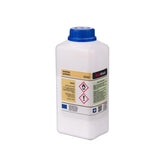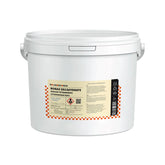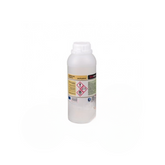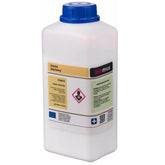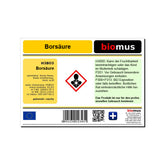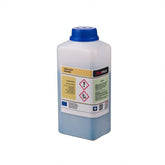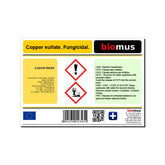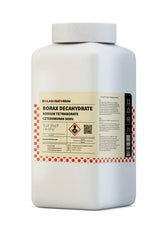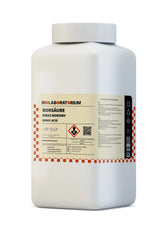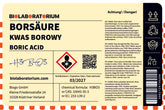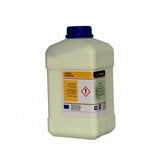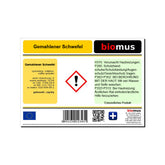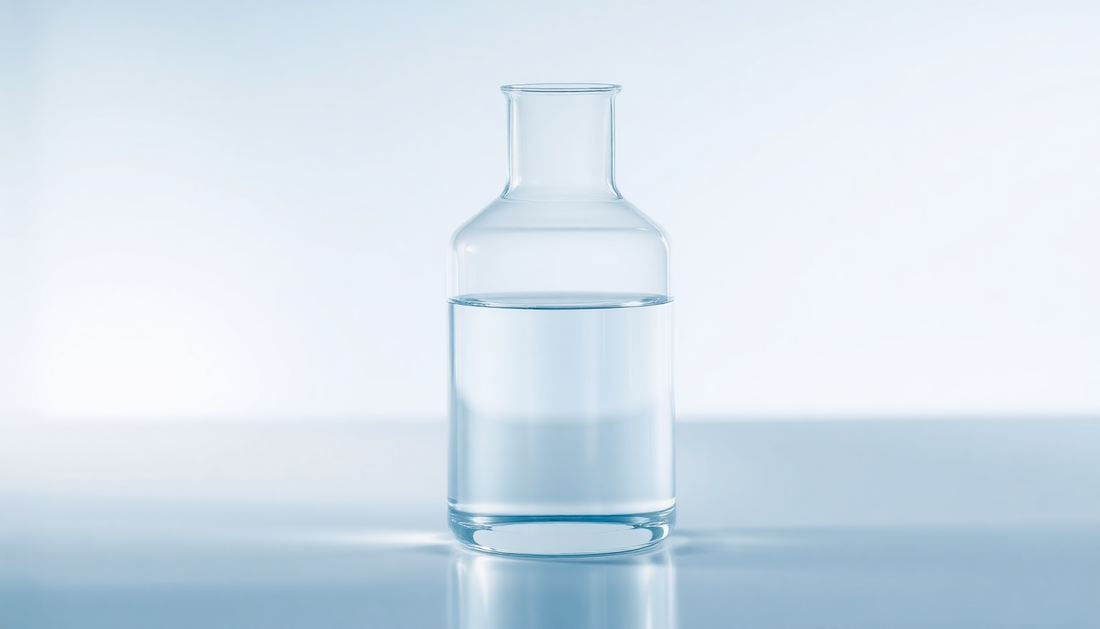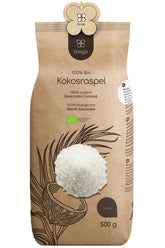Demineralized water is a versatile and highly pure product that is indispensable in numerous industries and applications. Whether in industry, laboratories, or building services – this special water offers unique properties and benefits that make it a valuable component of modern production processes and research work.
What is demineralized water?
Demineralized water, also known as fully desalinated or deionized water, is water from which almost all minerals and ions have been removed through special treatment processes. Unlike normal tap water, which contains varying amounts of dissolved salts, heavy metals, and other impurities depending on its source, demineralized water is extremely pure and free of any foreign substances.
The demineralization process usually takes place through a combination of ion exchange, reverse osmosis, and/or distillation. In this process, the cations (positively charged ions such as sodium, calcium, or magnesium) and anions (negatively charged ions such as chloride, sulfate, or nitrate) contained in the water are selectively removed until only water molecules remain.
Properties and benefits of demineralized water
The result of this elaborate treatment process is water with exceptional properties:
High purity
Demineralized water is almost free of any impurities and foreign substances. The content of dissolved minerals and ions is usually below 0.1 milligrams per liter, corresponding to a purity of over 99.9%.
Electrical conductivity
Due to the lack of ions, demineralized water has an extremely low electrical conductivity. This is typically below 0.1 microsiemens per centimeter (μS/cm), which is significantly lower than that of normal tap water.
pH neutrality
The absence of mineral salts and acids causes demineralized water to have a neutral pH value of 7. It is neither acidic nor basic.
Corrosion resistance
Without the presence of ions and minerals, demineralized water is unable to attack or corrode metals or other materials. It is therefore ideal for use in sensitive technical systems.
High solubility
Due to its purity and neutrality, demineralized water is able to dissolve many substances very well. It is therefore excellent as a solvent in chemical processes and laboratory applications.
Odor and Taste Neutrality
Demineralized water is free from any odors and flavors. It has a pure, neutral taste and is therefore also suitable for use in food production.
Applications of demineralized water
The unique properties of demineralized water make it an indispensable aid in numerous industries and fields of application:
Industry and production
In industrial manufacturing processes, demineralized water is often used as a coolant, cleaning agent, or process medium. Examples include the semiconductor, pharmaceutical, or automotive industries, where it is needed to prevent corrosion and deposits.
Laboratories and research
In laboratories and research institutions, demineralized water is an indispensable aid. It serves as a solvent for chemical analyses, experiments, and synthesis reactions because it contains no disturbing impurities.
Medicine and pharmacy
Demineralized water also plays an important role in medicine and pharmacy. It is used, for example, for the production of injection solutions, dialysis water, or medications because it is free of bacteria and contaminants.
Building services and household applications
Not only in industry but also in households, demineralized water has a variety of uses. It is used to fill steam irons, steam cleaners, or aquariums to prevent lime deposits and corrosion.
Food production
In the food industry, demineralized water is used for the production of beverages, canned goods, or frozen products. Here, the neutrality of taste and purity of the water are advantageous.
Cosmetics and personal care
In the cosmetics industry, demineralized water is also an important component of many products. It serves as a base for creams, shampoos, or serums because it does not burden the skin and leaves no residues.
Differences from distilled water
Although demineralized and distilled water appear to have similar properties at first glance, there are some important differences:
Distilled water is produced by evaporation and subsequent condensation of water. Although most impurities are also removed in this process, small amounts of dissolved gases such as carbon dioxide remain in the water. Demineralized water, on the other hand, is completely free of any foreign substances due to ion exchange and reverse osmosis.
Furthermore, distilled water has a slightly acidic pH due to dissolved gases, while demineralized water is neutral. The electrical conductivity of demineralized water is also significantly lower.
Conclusion
Demineralized water is a highly pure and versatile product that is indispensable in numerous industries and applications. Its unique properties such as corrosion resistance, solvency, and neutrality make it a valuable aid in industry, research, medicine, and even in households. With the right treatment and handling, the potential of demineralized water can be optimally utilized to contribute to high-quality products and results.
